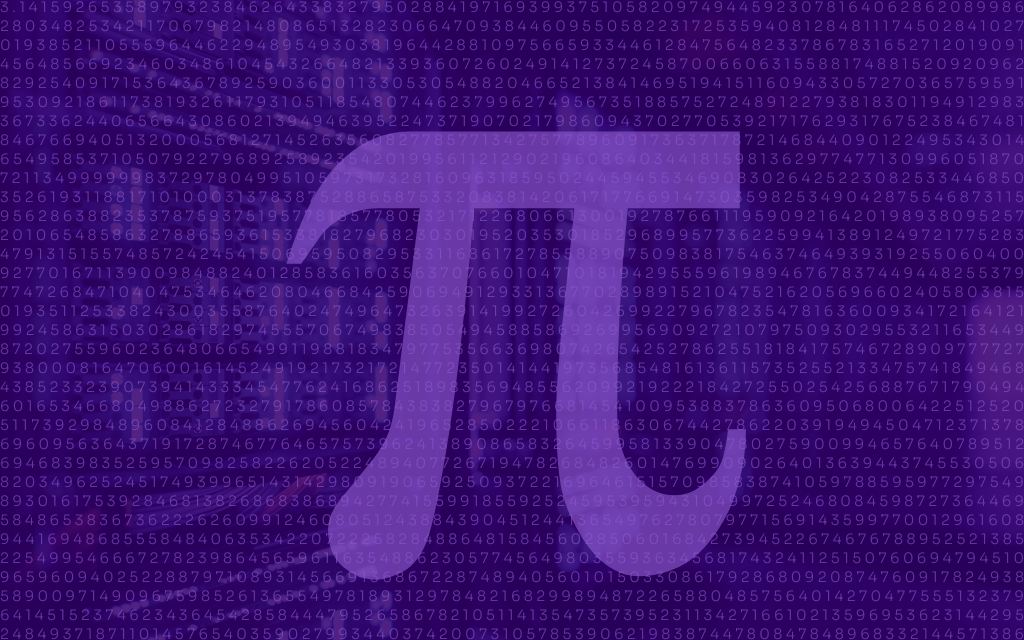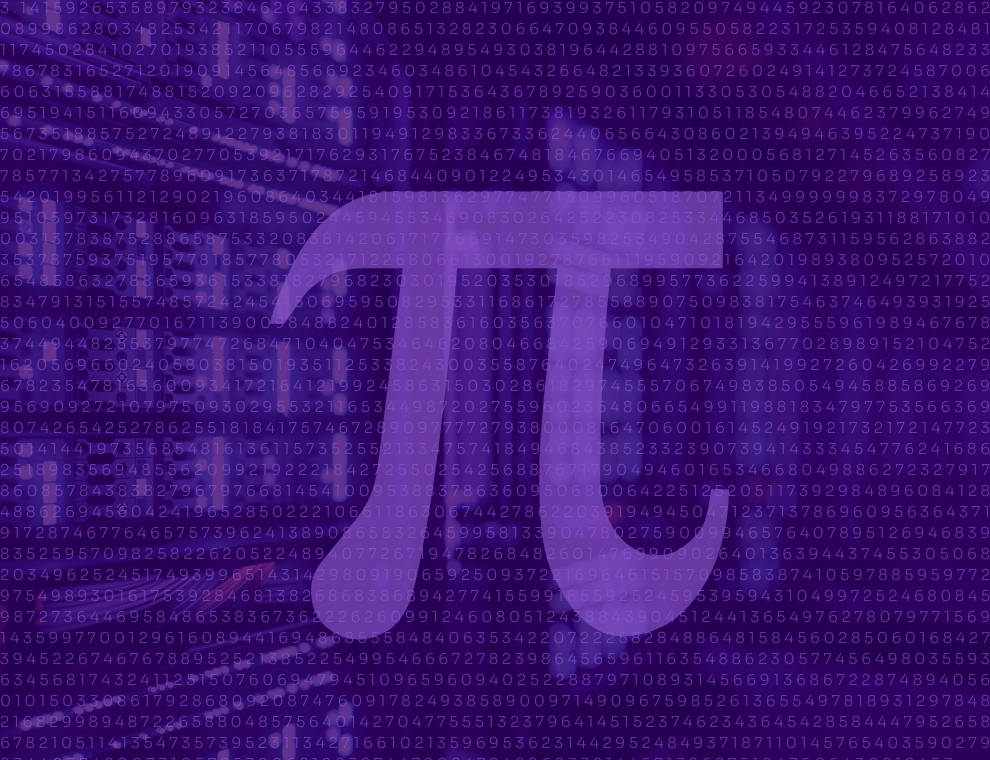Solidigm and Storage Review Calculate 100 Trillion Digits of Pi in World-Record Time
Summary of Jordan Ranous Storage Review article


2023 record Pi calculation
100 trillion digits of Pi in 1/3 of the time using Solidigm QLC SSDs
An irrational number representing the ratio of a circle’s circumference to its diameter, Pi and its infinite string of digits have been the subject of fascination—and competition—for centuries. Earlier this year, Storage Review set out to calculate 100 trillion digits of Pi in world-record time. With the help of several Solidigm D5-P5316 SSDs they succeeded, besting the previous Pi calculation record set by Google Cloud in 2022, at a fraction of the cost.
A recipe for success
Faced with Google’s impressive record of 158 days, Storage Review knew it would it take an army of cutting-edge components to slash both time and cost. For their new compute system, here’s the army they mustered:
- 19 x Solidigm 30.72TB QLC D5-P5316 SSDs
- 2 x AMD EPYC 9654 (96 cores, 2.4 GHz, 3.7 GHz boost)
- 24 x 64GB DDR5-4800 DIMMs, 1.5TB total
- Windows Server 2022 Standard 21H2
- Program: y-cruncher by Alexander Yee
A data center “designed by madmen”
1 Pi digit = 1 byte. That was the simple math on which Storage Review built their data center. Calculating 100 trillion decimal digits meant 100TB, plus an additional 83TB for the 83 trillion hexadecimal that would also be calculated.
To ensure optimal performance from y-cruncher, Storage Review’s team gave it direct IO control of the disks it was working with. They did this by using an iSCSI target to a Supermicro storage server to store all output files.
The team also added some robust power supply and protection components, allowing from 4 to 8 hours of runtime on battery. It was a sort of Uninterruptible Power Supply (UPS) on steroids that allowed the team to, in their words, “sleep easily, knowing the Pi run would stay operational” even in the event of outage (of which there were several).
The record-breaking results
In short, Storage Review shattered the record. That said, even this ultra-fast record-breaking effort was a marathon, not a sprint. Here are the final numbers:
- The total elapsed Pi calculation time: 54 days, 17 hours, 35 minutes, and 48.96 seconds
- The total wall-to-wall time (including writing and validation): 59 days, 10 hours, 46 minutes, and 49.55 seconds
- The total storage size: 530.1TB available (not including the 200TB iSCSI target for the write-out)
Solidigm’s contribution to the 2023 Pi calculation world record
Utilizing y-cruncher’s swap mode—which allows computations to be performed using storage drives—Storage Review designed its record-breaking system to use multiple SSD drives in parallel for best results. y-cruncher’s Swap mode was used in a RAID 0 configuration with 19 drives, giving it direct IO access to the chosen NVMe drives for optimal performance.
The chosen NVMe drives? Solidigm 30.72TB QLC D5-P5316 SSDs—nineteen of them, in parallel. Equipped with 144-layer QLC NVMe flash memory, the D5-P5316 offers Storage Review-approved “exceptional performance,” with up to 7 GB/s of sequential read speed and up to 3.6 GB/s of sequential write speed.
During the record-breaking run, the D5-P5316 put its exceptional performance on full display, showcasing excellent speeds write speeds with equally impressive durability.
“Over the 54.5 days this computation ran, we had a total of 33,127,095 GB of write to the drives, or about 1,742,500 GB per drive. Converting this to a daily overage over our run, that’s a little more than 29TB per drive per day." – Jordan Ranous, Storage Review
As Storage Review notes, the staggering numbers don’t have to stop there. The D5-P5316’s lifetime endurance is listed at 22.9PBW for random workloads and 104.6PBW for sequential workloads. Further, the recording breaking Pi run “acted very sequentially,” meaning the D5-P5316 could handle similar workloads As Storage Review concludes:
“This means you could subject [the D5-P5316] to a similar workload for nearly a decade before you would run out of life. Impressive to say the least, considering this is QLC NAND and the drive warranty is five years.”
Read the full Storage Review article, written by Jordan Ranous, for details.